Bioethics
Understand the biotechnology revolution and what it means for ethics and politics.
Summer 2013
Washington, DC
From a comparative and historical perspective, one of the most unusual features of our public life is the public status accorded to the enterprise we call ‘science.’ With perhaps one or two exceptions, no feature of our public life is as uncontested, that is, generally regarded as unworthy of reflection because self-evidently and unproblematically good. It would seem to require a special effort to come to see science—or inquiry into nature with the goal of replacing belief with knowledge—as questionable. We will undertake that effort of inquiring after inquiry, of thinking through the goodness of science. Just what is science for?
For help with this question we turn to certain of the writings of Francis Bacon. Bacon’s answer—which helped transform natural philosophy into the methodical, collective enterprise familiar to us today—remains, in many respects, our answer. In returning to Bacon’s thought, we are thus afforded an occasion to reexamine the purpose of science, and the relationship between science, technology, and politics.
Images: Jan Matejko, Astronomer Copernicus, or Conversations with God, 1872
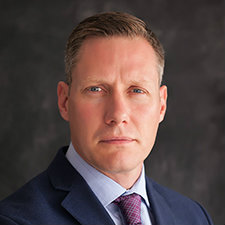
Tobin Craig is Associate Professor at Michigan State University. His studies focus on the intersection between modern political philosophy and modern science and technology. He is currently at work on a book length study of the unity of Francis Bacon’s scientific and political thought as well as a study of the place of technology in American political thought.

Tobin Craig is Associate Professor of Political Science at Michigan State University. His studies focus on the intersection between modern political philosophy and modern science and technology.
He is currently at work on a book length study of the unity of Francis Bacon’s scientific and political thought as well as a study of the place of technology in American political thought.
Professor Craig obtained his Ph.D. from Boston College.
Readings:
Discussion Questions:
Readings:
Discussion Questions:
Readings:
Discussion Questions:
Readings:
Discussion Question:
Readings:
Discussion Questions:
Readings:
Discussion Questions:
Readings:
Discussion Question:
Readings:
Discussion Questions:
Readings:
Discussion Questions:

Diana Schaub
Diana Schaub is a nonresident senior fellow at the American Enterprise Institute (AEI), where her work is focused on American political thought and history, particularly Abraham Lincoln, Frederick Douglass, African American political thought, Montesquieu, and the relevance of core American ideals to contemporary challenges and debates. Concurrently, she is Professor Emerita of Political Science at Loyola University Maryland, where she taught for almost three decades.
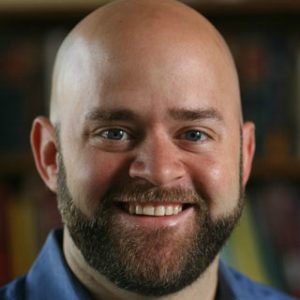
Carter Snead
Carter Snead is internationally recognized as a leading expert in public bioethics. His research explores issues relating to neuroethics, enhancement, stem cell research, abortion, and end-of-life decision-making. He is also the editor of two book series for the University of Notre Dame Press – “Catholic Ideas for a Secular World,” and “Notre Dame Studies in Medical Ethics.”
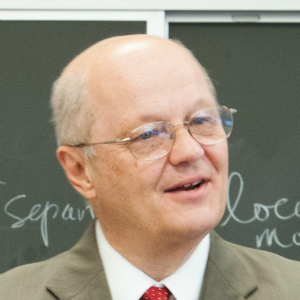
Robert Kraynak
Robert P. Kraynak is Professor of Political Science at Colgate University. He teaches courses in the fields of political philosophy and general education, including courses on American political thought, the history of Western political philosophy, natural law, religion and politics, and conservative political thought.

Ryan P. Hanley
Ryan Patrick Hanley is Professor of Political Science at Boston College. His research in the history of political philosophy focuses on the Enlightenment. He is the author of Our Great Purpose: Adam Smith on Living a Better Life and Love’s Enlightenment: Rethinking Charity in Modernity.
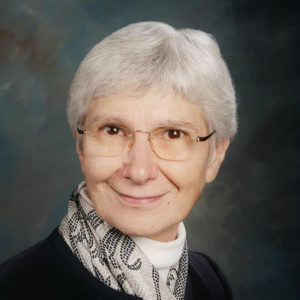
Amy A. Kass
Amy Apfel Kass (1940 – 2015) was a senior fellow at the Hudson Institute, Senior Lecturer Emerita in the humanities at the University of Chicago, and coeditor of What So Proudly We Hail: The American Soul in Story, Speech, and Song. She was an award-winning teacher of classic texts.
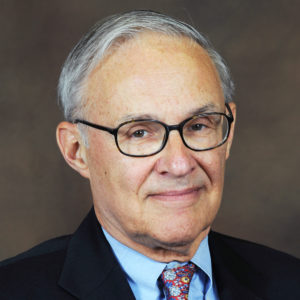
Leon R. Kass
Leon R. Kass, M.D., is the Addie Clark Harding Professor Emeritus in the Committee on Social Thought and the College at the University of Chicago and the Madden-Jewett Chair at AEI. He was the chairman of the President’s Council on Bioethics from 2001 to 2005. He has been engaged for more than 40 years with ethical and philosophical issues raised by biomedical advances and, more recently, with broader moral and cultural issues.
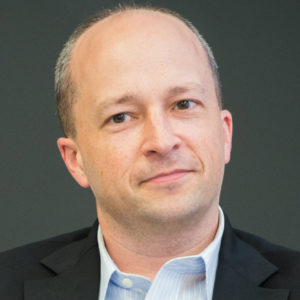
Yuval Levin
Yuval Levin is a Resident Scholar and Director of Social, Cultural, and Constitutional Studies at the American Enterprise Institute and the Editor of National Affairs magazine. Mr. Levin served on the White House domestic policy staff under President George W. Bush.
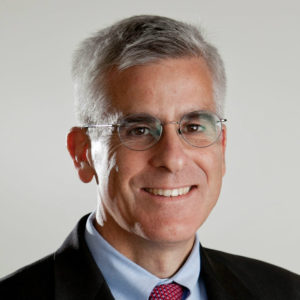
James C. Capretta
James C. Capretta is a Resident Fellow and holds the Milton Friedman Chair at the American Enterprise Institute, where he studies health care, entitlement, and US budgetary policy, as well as global trends in aging, health, and retirement programs. Mr. Capretta spent more than 16 years in public service.